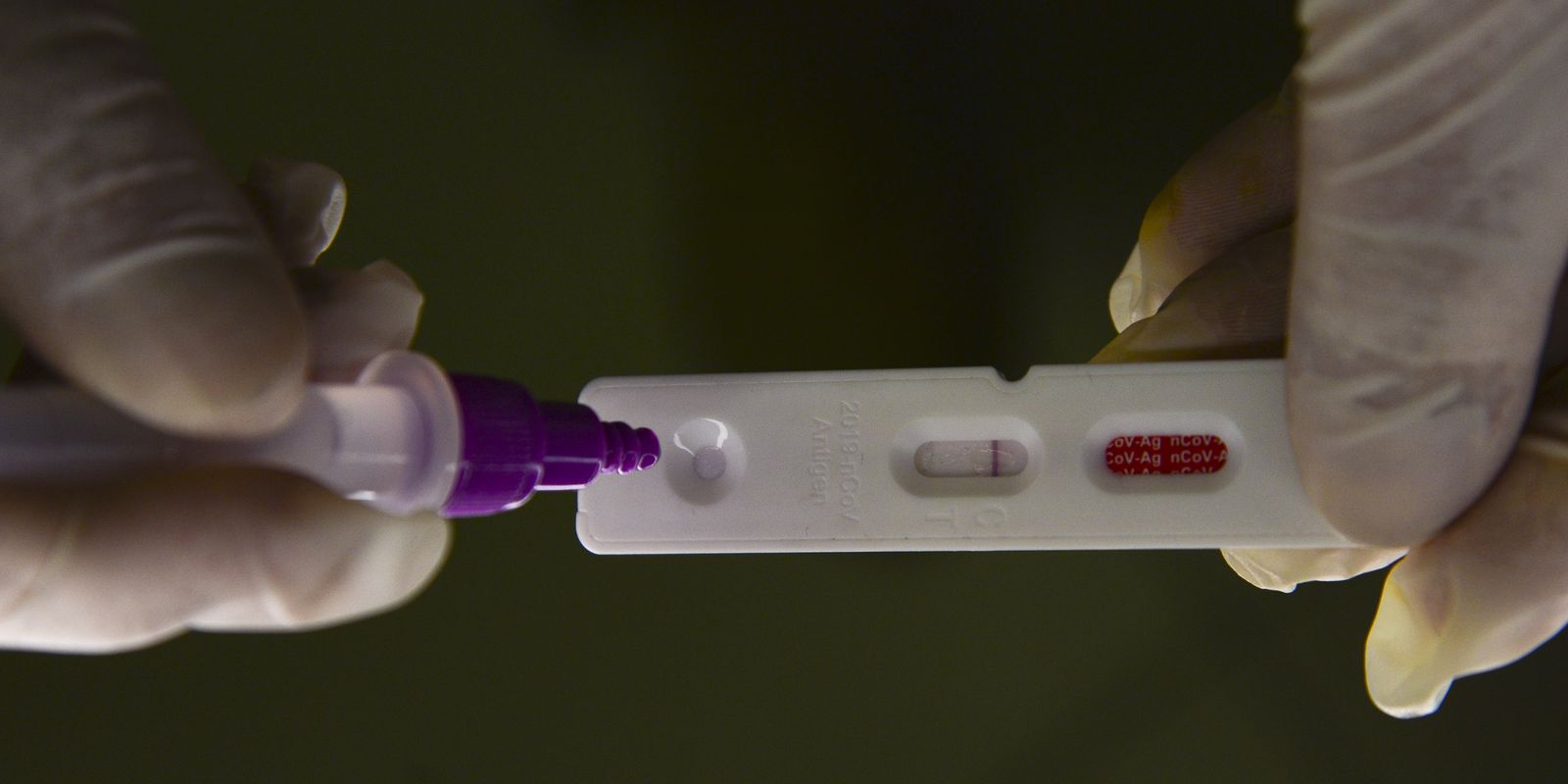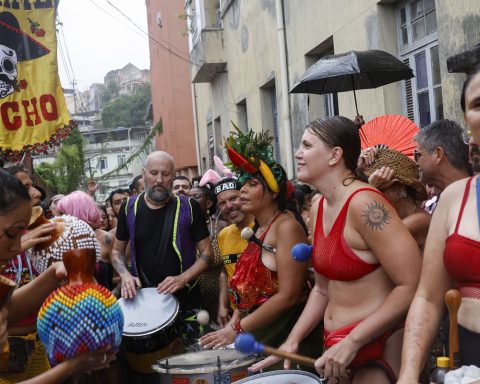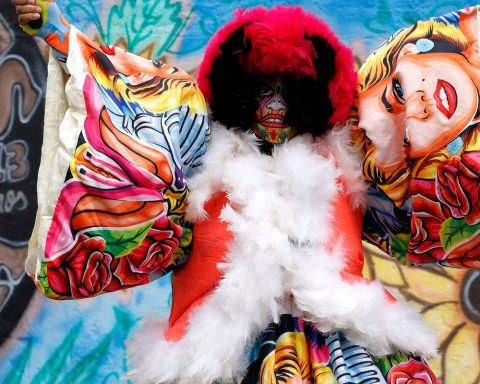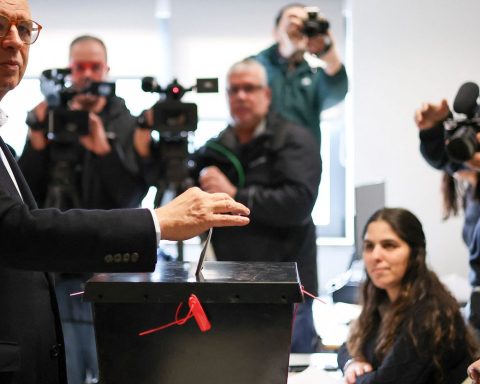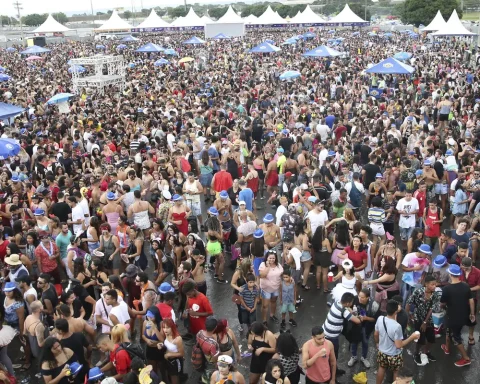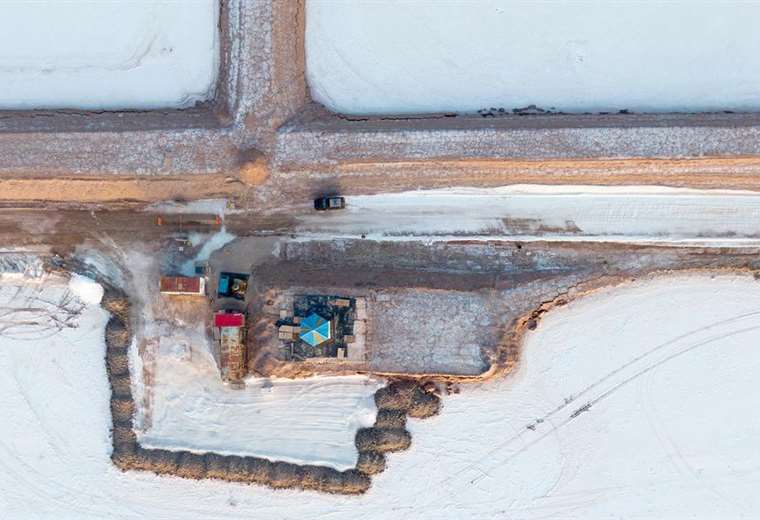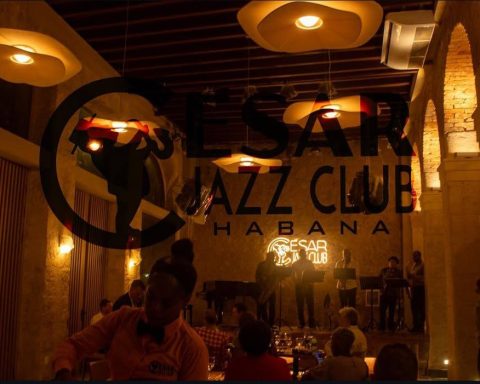Between the first and second weeks of November, the state of Rio de Janeiro showed a significant increase in confirmed cases of covid-19, rising from 4,368 in epidemiological week 44 (October 30 to November 5) to 18,799 in week 45 ( between November 6th and 12th). This represents an increase of 430%.
The information was confirmed today (16) by the State Department of Health (SES). According to the agency, the positivity rate of diagnostic tests also rose in the same period, with antigen rising from 25% to 32% and RT-PCR tests rising from 18% to 30%.
Attendances of cases of flu syndrome at the Emergency Care Units (UPAs) increased from 573 to 693. The increase was 21%. Requests for beds for the treatment of covid-19 went from 28 ICUs and 23 wards to 37 ICUs and 46 wards from week 44 to 45. The average attendance jumped from seven to 12 per day.
According to SES, the average number of requests is still well below that seen in the most serious moments of the pandemic in the state.
“In the last wave caused by the Ômicron variant in January and February of this year, the daily average of bed requests reached 177, including ward and ICU. And at the peak of the wave caused by the Gamma variant, in March 2021, this daily average reached 422 requests”, reported SES.
According to data from MonitoraCovid-19 by the Oswaldo Cruz Foundation (Fioruz), the seven-day moving average for registering cases in the state of Rio de Janeiro jumped from 650 on November 7 to 2,658 on the 11th. the high, with a moving average below four deaths per day since November 1st.
Vaccination
SES reinforces the importance of applying booster doses of the vaccine against covid-19 to avoid aggravations and hospitalizations due to the disease. “People aged 18 or over can now take the second booster dose, as directed by the Ministry of Health. Adolescents aged 12 to 17 should receive the first booster dose against the disease”.
According to the SES Coronavirus panel, among adolescents in the state coverage is at 90% for the first dose, 74% for the second dose and only 22% received the booster. Vaccination coverage against covid-19 increases with age. The exception is the group between 30 and 39 years old, which has 77% coverage in the basic scheme.
If among young people aged 18 to 29 years, 78% took two doses and the booster drops to 36% the first and only 7% the second, among the elderly aged 70 to 79 years 94% completed the basic scheme, 81% took the first booster and 53% the second.
Children from 3 to 11 years old should receive the two doses of the initial scheme, with no indication of booster doses for the time being. The panel indicates that only 63% of children aged 5 to 11 years in the state received the first dose of the vaccine and 43% completed the basic scheme.
THE vaccination of babies aged 6 months to 2 years with comorbidity starts tomorrow, with the arrival of the pediatric Pfizer vaccine “Baby”??
The guidelines sent by SES to the 92 municipalities include testing cases of flu syndrome, physical distancing, respiratory etiquette, hand hygiene, wearing masks, cleaning and disinfecting environments and isolating suspected and confirmed cases.
